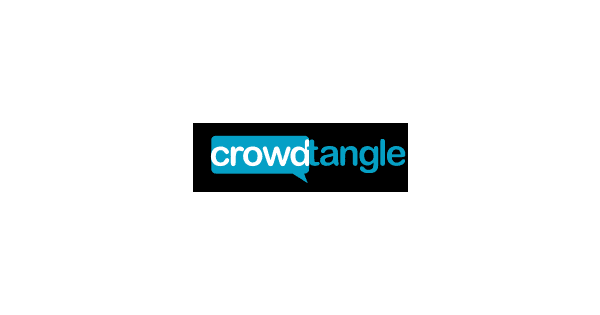
Despite over half of the world’s population preparing to vote this year, Meta’s decision to abandon its election integrity tool CrowdTangle without offering alternative support for elections experts has been criticised by nearly a hundred organizations, journalists, and researchers in a letter to Meta.
On 14 March, Meta announced it would abandon CrowdTangle, the tool used by tens of thousands of journalists, watchdogs, and election observers to monitor the integrity of elections around the world. Meta will shut down CrowdTangle on 14 August, without an effective replacement, ahead of elections in the United States, Brazil, and Australia and in the wake of elections in India, South Africa, and Mexico — endangering both pre- and post election monitoring.
“Meta’s decision will effectively prohibit the outside world, including election integrity experts, from seeing what’s happening on Facebook and Instagram — during the biggest election year on record. This means almost all outside efforts to identify and prevent political disinformation, incitements to violence, and online harassment of women and minorities will be silenced. It’s a direct threat to our ability to safeguard the integrity of elections,” read the letter by over 90 organisations, journalists and researchers.
The signatories call on Meta to keep CrowdTangle functioning until January 2025 and rapidly onboard all current CrowdTangle organizations that are focused on election integrity to the Content Library, including civil society organizations, researchers and qualifying news outlets – directly or through an accelerated application process.
The letter also urged Meta to engage in regular consultations with the global Crowdtangle community to ensure that the Content Library meets their needs, including maintaining full Crowdtangle functionality, before the tool is deprecated.
“As soon as possible, both the Content Library and CrowdTangle should add data about any election-related labels that are attached to public content by Meta, especially fact-checking and voter-interference,” the letter demanded.
“For years, CrowdTangle has represented an industry best practice for real-time platform transparency. It has become a lifeline for understanding how disinformation, hate speech, and voter suppression spread on Facebook, undermining civic discourse and democracy. It’s also used by researchers and human rights groups to study war crimes, human rights violations, public health crises and natural disasters. Its dashboards helped people analyze and monitor in real-time the spread and engagement of public content on Facebook and Instagram (and at one point, Reddit and Twitter, too). This in turn helped Meta identify harmful trends and abuse on its platforms,” read the letter.
The letter went on to say: “We’re encouraged Meta is investing in the new Content Library — but abandoning CrowdTangle while the Content Library lacks so much of CrowdTangle’s core functionality undermines the fundamental principle of transparency at the heart of the Digital Services Act.”
“The new Content Library may eventually be an effective replacement or even an improvement on CrowdTangle, but it is not currently fit for purpose as a tool to monitor elections. It lacks vital CrowdTangle features like automated insights to the interface, tools for benchmarking individual pieces of content, robust search flexibility, and more ways to automatically export data. Meta’s new data access program, run through the University of Michigan Inter-university Consortium for Political and Social Research (ICPSR), is fundamentally different from CrowdTangle: it is mainly focused on long-term, academic research, available through a clean room environment. In contrast, CrowdTangle’s immense value has been in providing real-time, public data to tens of thousands of public interest researchers, election administration officials and journalists across the world. For instance, in 2020, Meta provided CrowdTangle to election administration officials in all 50 US states to help them monitor for potential election interference or misinformation. They also made public dashboards available so it was easy to see what every major candidate was posting on their platforms. Those sort of resources were invaluable to helping protect the election and are now under threat of disappearing forever.”
The letter stated: “Furthermore, at time of writing, relatively few researchers have access to the new Content Library: thousands of civil society organizations and journalists currently monitoring Facebook and Instagram through CrowdTangle simply do not have access to the new system, making it even more difficult for them to continue their vital work during elections. Moreover, suggesting that civil society groups and election integrity organizations should pay for expensive alternatives designed for marking & commercial purposes is not a realistic proposal. Abandoning CrowdTangle is essentially a resource allocation issue. Continuing to support CrowdTangle alongside the Content Library would not put Meta at risk of regulatory noncompliance.”
Concluding the statement, the signatories said: “In 2024, about 50 countries — approximately half the world’s population — will go to the polls. What we need right now are effective tools to track candidates and political narratives, and to protect people before, during, and immediately following elections, in the moments when false and confusing narratives spread like wildfire, and when disinformation and hate speech can drive physical harm offline. Meaningful real-time transparency into the spread of online content is vital to protect the integrity of elections. But this transparency is not just a question of what data points are eventually shared – it is about who is given access to transparency tools and how they are empowered to use them.”



